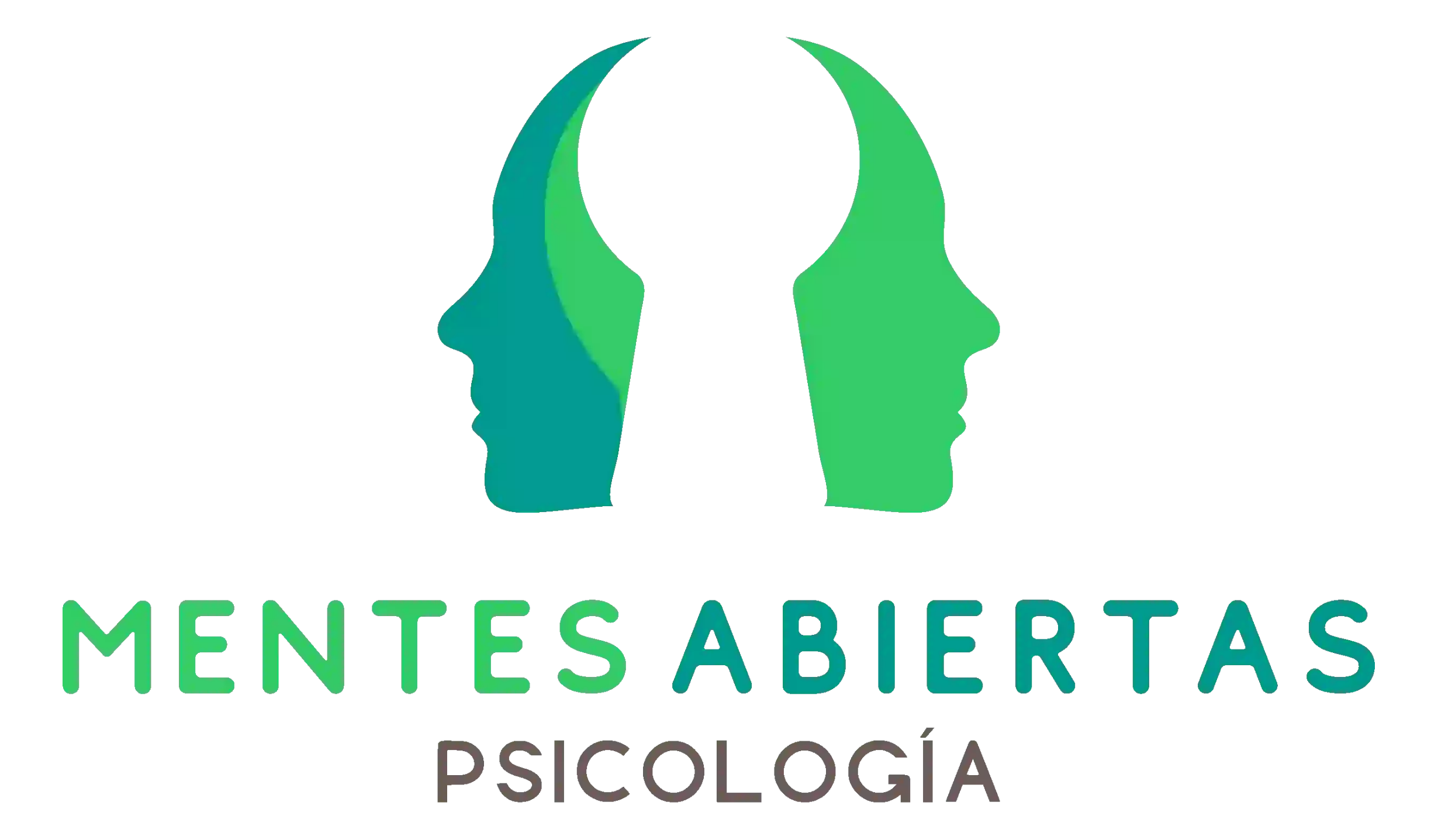Stress and insomnia are two mental health problems that currently affect a large part of the population around the world. These two conditions are closely related and can have a significant impact on the quality of life of people who suffer from them. Understanding the connection between stress and insomnia, as well as learning strategies to manage it, is essential to promote emotional and physical well-being.
Stress and its effects in sleep
Stress is a natural response of the body to situations that are perceived as threatening or challenging. When a person is faced with a stressful situation, the body releases stress hormones, such as cortisol and adrenaline, which prepare the body to deal with the situation. In the short term, stress can be beneficial, as it can help improve performance and concentration during times of pressure.
However, when stress becomes chronic or persistent, it can have negative effects on the mental and physical health of a person. One of the main impacts of chronic stress is on sleep. People who experience high levels of stress may have difficulty falling asleep, wake up during the night, or experience poor quality sleep. Prolonged stress can disrupt the circadian rhythm, the natural sleep-wake cycle that regulates rest and wakefulness.
How does stress affect the sleep pattern?
Stress can affect sleep in a variety of ways, including:
- Problems falling asleep: Worries and anxiety associated with stress can make it difficult for a person to relax enough. to fall asleep.
- Night awakenings: Stress can cause a person to wake up during the night and find it difficult to fall back asleep.
- Disrupted sleep: Nightmares or intrusive thoughts related to stress can interrupt sleep and reduce its quality.
These sleep problems can create a vicious cycle , as a lack of adequate rest can increase stress levels and worsen a person's mental health.
Insomnia: a common stress-related problem
Insomnia is a sleep disorder characterized by difficulties falling asleep, staying asleep, or waking up too early and not being able to go back to sleep. Insomnia can be caused by a variety of factors, including stress, anxiety, depression, unhealthy sleeping habits, and underlying medical conditions.
In the case of stress, this is one of the most common triggers of insomnia. The worries, rumination, and physiological arousal associated with stress can make it difficult for a person to relax and fall asleep. In turn, lack of sleep can increase the perception of stress and worsen the person's mood, creating a cycle that is detrimental to mental health.
Types of insomnia related to stress
There are different types of stress-related insomnia, including:
- Initial insomnia: Difficulty falling asleep at bedtime due to thoughts intrusive or stress-related worries.
- Intermediate insomnia: Awakenings during the night, possibly with difficulty returning to sleep due to the stress present.
- < strong>Terminal insomnia:Waking up early in the morning and not being able to fall back asleep due to anxiety and worries revolving around stress.
It is important to address both underlying stress such as insomnia itself to improve the quality of sleep and the overall well-being of the person.
Strategies to manage stress and insomnia
To effectively address the Stress and insomnia, it is essential to implement strategies that promote relaxation, reduce physiological activation and promote healthy sleep habits. Some recommendations include:
1. Relaxation Practices
Regularly practicing relaxation techniques, such as deep breathing, meditation, yoga, or visualization, can help reduce stress and promote relaxation before sleep. These tools can be useful for calming the mind and body, preparing them for a night's rest.
2. Establish a regular sleep routine
Maintaining a regular bedtime and wake-up time every day, even on weekends, can help regulate the sleep-wake cycle and improve sleep quality. It is important to create an environment conducive to sleeping, with a pleasant temperature, little light and no distractions that could interfere with rest.
3. Limit exposure to electronic devices
Blue light emitted by electronic devices, such as smartphones, tablets and computers, can alter the production of melatonin, the hormone that regulates sleep, and make it difficult to fall asleep. It is recommended to limit the use of these devices at least one hour before going to bed to facilitate the process of falling asleep.
4. Engage in regular physical activity
Regular physical exercise not only benefits physical health, but can also have a positive impact on mental well-being and sleep. Engaging in physical activity during the day can help reduce stress, promote relaxation, and improve sleep quality at night. It is recommended to avoid vigorous exercise just before bedtime as it can have a stimulating effect on the body.
5. Seek professional support
If stress and insomnia persist and significantly affect a person's quality of life, it is important to seek help from a mental health professional. A psychologist, psychiatrist, or other health professional can provide coping strategies, cognitive behavioral therapy, or, in some cases, medications to effectively address these conditions.
Conclusion
Stress and insomnia are two interrelated mental health problems that can have a significant impact on people's quality of life. Understanding the connection between stress and sleep, as well as implementing effective strategies to manage it, is essential to promoting emotional and physical well-being. By adopting healthy sleep habits, practicing relaxation techniques, and seeking professional support when necessary, it is possible to mitigate the negative effects of stress and insomnia, improving sleep quality and overall health.





